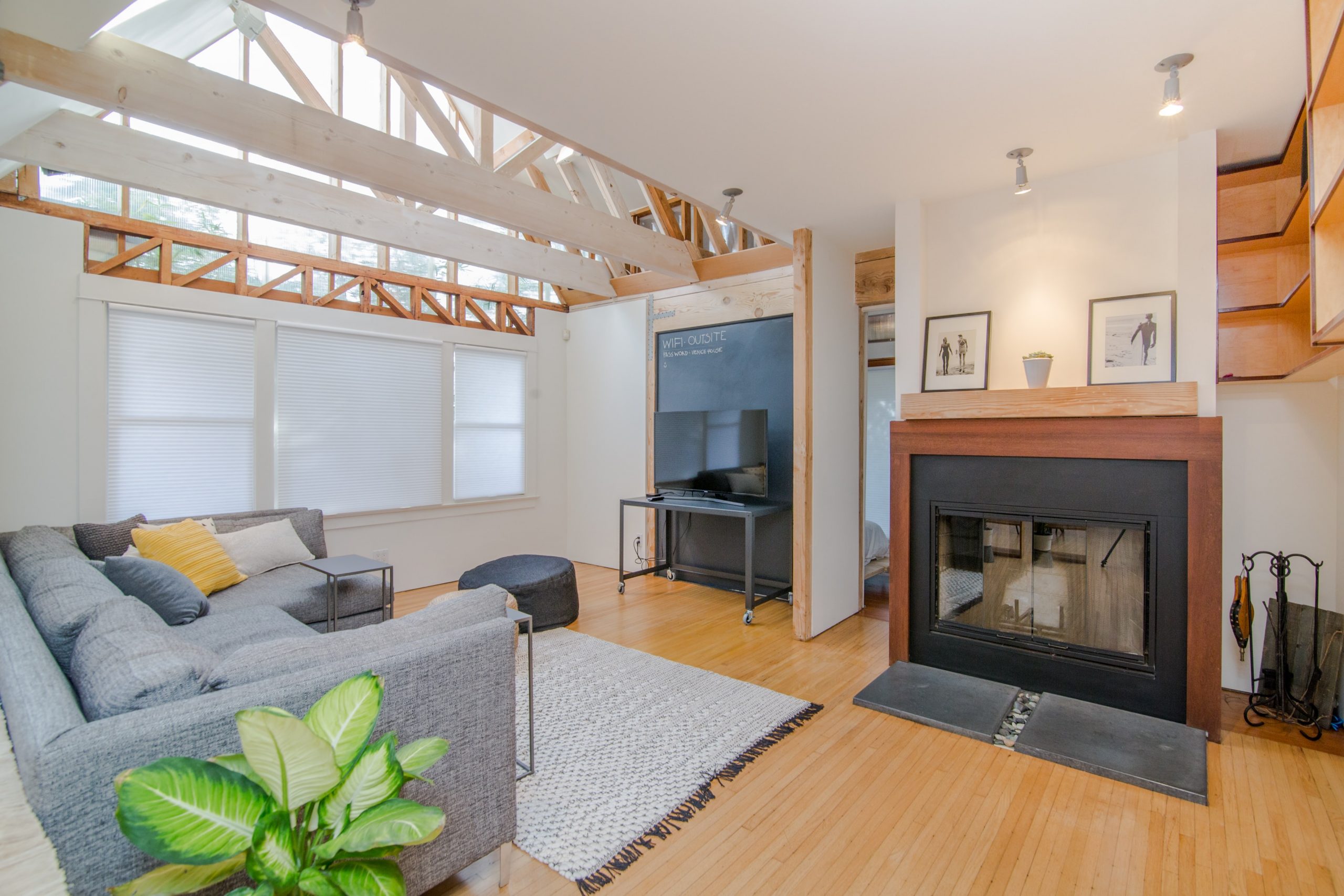
Investing in Short-Term Rentals
Most people are probably familiar with Airbnb. Or if you travel regularly, for sure you know it and you might have stayed in one of Airbnb properties. Airbnb and other lodges such as VRBO are categorized as short-term rentals. From the term itself, these properties or rooms are rented by travelers or guests for a short period. Usually for less than a month, a week, or even overnight. Short-term rentals became popular and used as an alternative for hotels. Due to its demand, it has become another great way to invest in real estate. In this article, we will discuss everything you need to know about investing in short-term rentals. You may find this article helpful if you are looking to enter the short-term rental market. We will answer critical questions such as what and how short-term rentals work, the steps in investing in short-term rentals, and other things you need to know.
But there is another important question you need to ask yourself first. Are short-term rentals for you? Is it a worthy investment?
Investing in Short-Term Rentals: Is it for You?
When we hear the word real estate, the most common thought that comes to everyone’s mind is a long-term lease. You will buy a rental property, find a tenant, and have it rented for 6 months to a year, or longer. This is the most ideal set-up for most investors because it guarantees a passive monthly income. If this is your preferred rental set-up, you might not find short-term rentals enticing. However, if you love taking risks, you can give short-term rentals a try.
As mentioned above, short-term rentals are only leased for less than a month, a week, or a few days. But, unlike long-term rentals, you can rent out short-term rentals per day. As a result, it can yield more income than long-term rentals. The property manager will need to advertise it, answer inquiries, set-up the room, have the room cleaned after every checkout, and other stuff. You can list the room or the apartment in Airbnb, VRBO, Zillow, or Trulia. You just need to create an account, put up the listing (include photos of the unit, amenities, and per night rate) and you are good to go. But before you put up the listing in Airbnb, you must check the laws of rental in your state or city. Airbnb helps by providing a “City Regulation” page. Read this carefully to ensure responsible and legal hosting. For each booking, Airbnb charges a 3% commission from the host and between 6% to 12% from the guests. To date, Airbnb is the biggest online marketplace for short-term rentals. They have a total of 7 million listings worldwide in 100,000+ cities. Where an average of 2 million people staying overnight.
Advantages of Investing in Short-Term Rentals
The Demand for Short-term Rental Market Continues to Grow
One of the reasons why short-term rentals became popular is because they served as an alternative option for hotel bookings. In a traditional hotel, the rates per night can be expensive. Thus, travelers book Airbnb or VRBO instead of hotels to save money since this lodging offers affordable rates. Besides, guests find the home ambiance better than commercial hotels. Most people right now rely on local recommendations, reviews, and interacting with other guests. In fact, in a study conducted by Clever Real Estate, they found out that 60% of travelers who use both Airbnb and hotels prefer Airbnb over comparable hotels when going on vacation.
Higher Return on Investment
Another primary reason why investing in short-term rentals is great is the potential income the investor can earn from it. Just considering the number of travelers who prefer short-term lodging over a traditional hotel, the demand is incomparable. If we will compare it to long-term rentals, you will see that the ROI on short-term rentals is more significant. For example, you can earn $2000 monthly from a fixed rate in a long-term rental. Whereas if you lease the property for $150 daily and the tenant booked it for 20 days, you can earn around $3000. The gross rental income is undoubtedly higher as long as you can attract a steady stream of guests.
Investor Have More Control Over the Investment Property
Investors who have short-term rentals especially in Airbnb have more control over their investment property. They can easily set and adjust the pricing based on demands to maximize returns. In addition, they can also block off dates if they need to do some repairs or if they will use the property. Since they know the property’s availability, they can easily visit the property. Unlike with long-term rentals where the investor might still need to check for the tenant’s availability before going to the unit.
But what if the investor lives out of state? Or the rental property is in a different location? Usually, investors hire a property manager or a landlord to manage the property. If not, there are ways how to manage a short-term rental remotely. Check out this podcast to learn more.
Short-Term Rentals are Perfect in Diversifying Portfolio
This applies to current real estate investors. Compare to other real estate properties, short-term rentals offer a different market. It is a good way to mitigate the risk of the investor’s portfolio. The revenues from short-term rentals may be used to cover the mortgage and other expenses.
4 Tips in Investing in Short-term Rentals
Just like any other investment, investing in short-term rentals also imposes risks. However, with effective property management and smart decisions, investors can get better results.

- Choose the perfect location – The most important step in investing in short-term rentals is finding the right location. When choosing a place to put the investment property in, make sure that the area is high in demand for travelers and business establishments. The location is one of the keys to attracting guests. Most travelers want a place in an urban area, easily accessible, and near public transportation.
- Study the local and state regulations – As mentioned earlier, you need to assure the legality of the rental property before putting it up on the market. Laws and regulations may vary depending on the state and city. Studying the local laws will save you from facing penalties or worst, permanently putting down your listing.
- Calculate the numbers – Short-term rentals tend to have more rental expenses than long-term rentals. Hence, you need to calculate the rental yield and potential returns to assure the success of the investment. Performing an investment property analysis is always a good idea so you will know if the investment is profitable or not.
- Find the perfect property – Once you have successfully done all the first three tips mentioned, it is time to focus on choosing the perfect property. You need to make sure the property looks good, the ambiance is comfortable and the guests will feel at home. If there are necessary renovations or repairs needed, do not hesitate to do it. As long as the repair expenses are not that high, making the property pleasant in the guest’s eyes will be worth it.
